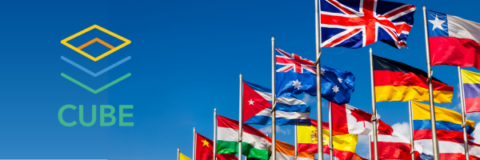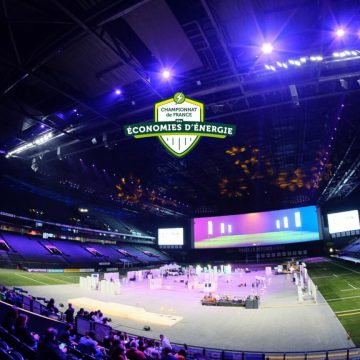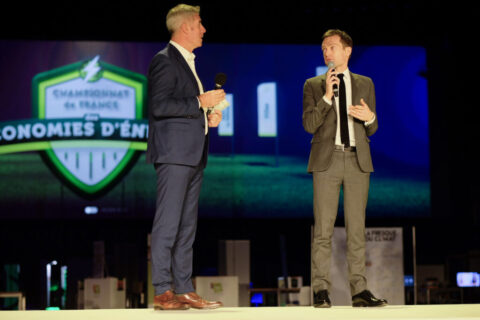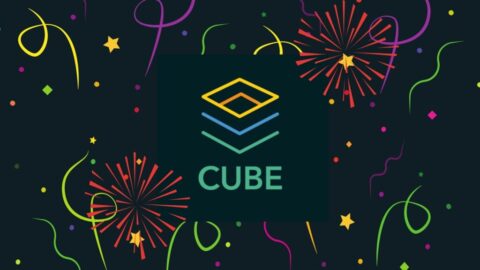I, landlord, collaborate with my tenant on an energy savings project.
Europe, according to the second report on the state of the energy union is more or less in line to reach its famous “3×20” energy and carbon targets by 2020. Today new goals are in sight from the “Clean Energy for Europe” package at the commission: reducing greenhouse gas emissions by 40%, 30% of energy efficiency and 27% of renewable in the final energy mix. Buildings will have to contribute strongly to these goals and notably the non-housing existing park.
Christian Cléret, President of the French Real-Estate Directors Association (ADI) and member of the French Real-Estate State Council (CIE) argued for all professionals that “energy transition cannot be achieved without a coordination and a concertation of all stakeholders of the building sector.” This is true in the field: energy management in the buildings ideally requires to mobilise the company and its employees, to involve the owner and the facility manager for a continuous improvement. It mobilises both technics and use.
Committed to green leases, renting companies are asking for alternative paths for their “low-carbon” strategies to produce its benefits. ISO 50001 certifications brings forward a long-term procedure, environmental certifications such as BREEAM In Use are proves-making evaluations. But both need to be fed with true in the field actions decided amongst external and internal stakeholders.
Thereupon, a sociological survey led by the French energy agency and the French Institute for Building Performance (IFPEB) led on the first edition of the CUBE 2020 energy savings contest between non-housing buildings, has shown the optimisation of a building comes – above all – from a relational work between stakeholders.
A CUBE candidate testifies: “It is essential to have everyone around the table and to meet regularly for reviews and updates.” Cedric Nicard, Head of Sustainable Development at PERIAL Asset Management, managed the LEONI building through the contest to achieve a final 11,8% of energy savings within one year: “During the contest, the tenant, the technical manager, the operator and the sustainable development officer -that is to say technical and non-technical actors- met around the same table.” The “contest” option happens to be a catalyser of this result-oriented on year dynamic.
The phenomenon might astonish. The energy sociologists Gaëtan Brisepierre, Delphine Labbouz-Henry and Isabelle Moussaoui explain: with its original and competitive framework, CUBE 2020 becomes for a year, according to candidates, “a light subject of discussion with our tenants while our relations are not easy”, that allows “to smooth the conflicts with the tenants”. It “creates a good-will dynamic” and develops “a common objective” instead of having people “against each other” in normal times. “The landlord’s interests and the tenant’s interests are rather opposed and CUBE allows to align them.” Indeed, the approach fosters in some organizations an evolution of the relation between the facility manager and the renter in a more “technical” dialogue: “The asset of CUBE is that our tenants have understood a lot of things on what they could ask to the operator. Not only some troubleshooting, they can call the operator when there is a problem.”
The contest becomes a mean for the landlords to « reconnect » with their tenants thanks to an “energy saving blitz” that accelerates things within a year and can follow-up in a longer-term action such as certifications such as ISO or environmental ones. The most important is to start “strong” within a year, which is eased by a “contest” mode.
Competition or collaboration? The good answer for human organizations seems to always be an alliance of both. The 3rd edition of the contest CUBE 2020 started on January, 1st 2017 with 237 candidates in France (metropolitan and overseas) and in Luxembourg.
Marguerite Dornier
CUBE 2020 official website: www.cube2020.org/europe
French Institute for Building Performance (IFPEB) website: http://www.ifpeb.fr/?lang=en
presented on February, 1st 2017: https://ec.europa.eu/commission/second-report-state-energy-union_en






